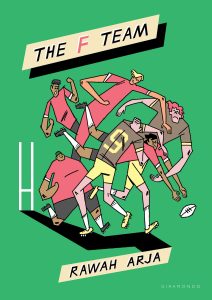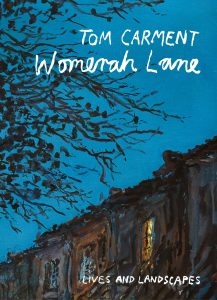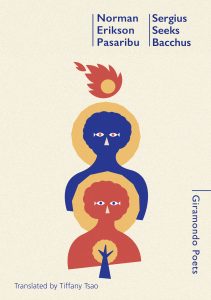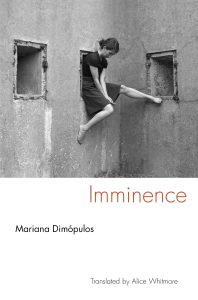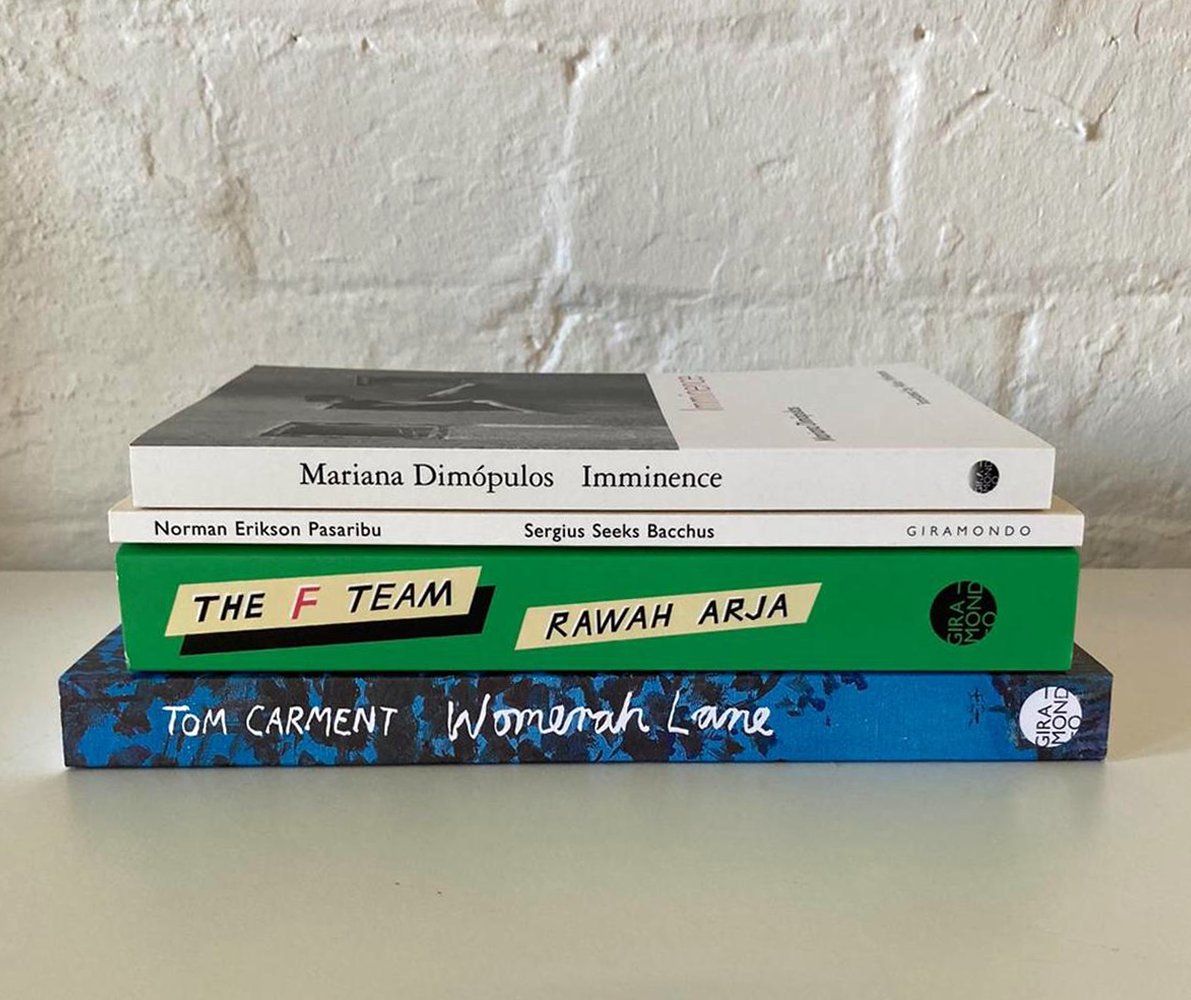
Four Giramondo authors shortlisted for the NSW Premier’s Literary Awards
Congratulations to Rawah Arja, Tom Carment, Tiffany Tsao and Alice Whitmore, who have been shortlisted for the 2021 New South Wales Premier’s Literary Awards.
Rawah Arja’s novel The F Team is shortlisted in both the Ethel Turner Prize for Young People’s Literature and the Multicultural NSW Award.
Arja draws expertly on her personal experience to depict a community, setting and culture that sing from the pages. Tariq’s narration and the dialogue between his mates is a real treat: authentic, sometimes confronting and always hilarious. Readers will find themselves immersed in the Nader family home, where Arja weaves in many personal stories and experiences to demonstrate the multiplicity and complexity of ethnic narratives that are rarely given their due. Heartwarming and fun, this sweet debut captures the kind of Australia we all dream about.
Judges’ report, Ethel Turner Prize
Rawah Arja is a keen and astute observer of adolescent emotions and behaviours, a master of writing about young people’s vulnerabilities, social competencies and quirks with compassion and a good dose of irony. Connecting the personal with the political, Arja hilariously and affectionately sketches the realities of life for a group of teenage boys struggling — sometimes valiantly, sometimes obnoxiously — against the slings and arrows of growing up as they navigate systemic racism, schoolyard pranks, misunderstood neighbourhoods, and chaotic, loving family lives.
Judges’ report, Multicultural NSW Award
Tom Carment’s Womerah Lane: Lives and Landscapes is shortlisted for the Douglas Stewart Prize for Non-Fiction.
Womerah Lane brings together essays and paintings that capture the varied concerns of a painter and writer in constant dialogue with the world. Carment’s decades of practice as a plein air painter have shaped him as a writer; a careful attention to the particulars of place is the foundation of his literary style. At one moment we are with the author on his doorstep in Darlinghurst, chatting with the neighbours. The next we are with him as he hitchhikes on the Eyre peninsula. This humane and poetic book subtly achieves spectacular shifts in perspective and scale.
Judges’ report
Tiffany Tsao was shortlisted in the NSW Premier’s Translation Prize for her translation of Norman Erikson Pasaribu’s poetry collection Sergius Seeks Bacchus, which was produced in close collaboration with Pasaribu.
In this debut work, Pasaribu claims his place as an exciting new voice in Indonesian literature, one that is tender, tragicomic and irreverently imaginative as it draws readers into the multi-minoritised experiences of the author’s queer community and Christian Bataknese family. Intense moments of love, happiness, desire and community with people, nature or ideas are placed in almost casual conversation with equally intense experiences of confusion, persecution, rejection and loss.
With compassion and humour, Pasaribu’s poems make present and visible the diverse historical, cultural and lived complexities that undergird Indonesia’s dominant religious, cultural and gender norms. Among others, we meet two young men furtively pashing in an underground carpark, an alien spaceship heralding endless rain and the feverish invention of ‘helmbrellas’, and devout fourth-century Roman martyrs and lovers, Sergius and Bacchus, whose heaven is to ‘stroll the streets/ introducing one another to everyone you meet’. Cosmopolitan and moving, this translation demonstrates a fantastic ear for register and rhythm.
Judges’ report
Alice Whitmore was also shortlisted for the Translation Prize, for her translation of Imminence by Mariana Dimópulos.
This beautifully conceived and crafted novel makes time stand still, as a new mother is filled with an absence of feeling for her baby. Taking place over an evening and a lifetime, the narrative unfolds in circular, spiralling scenes and meditations without ever losing its focus. The fragmentation of singular moments builds to a strangely satisfying ending. This work pulls readers into a slow burn treatment of trauma that is entirely present but also part of a complex psychology inflected by all that has come before.
Elegant and precise, this work is subtle in its intrigue, offering readers the freedom to weave their own conclusions as they retrace the woman’s life over 20 years: her lovers and friendships, a country cousin, mathematical formulae, deserts. Through a dexterous mix of dreamlike, real and delusional emotions and atmospheres, this fluent translation superbly conveys the peculiar and economic use of the writer’s language and style.
Judges’ report

